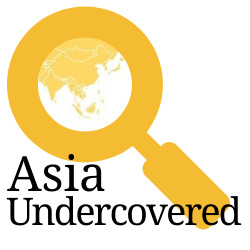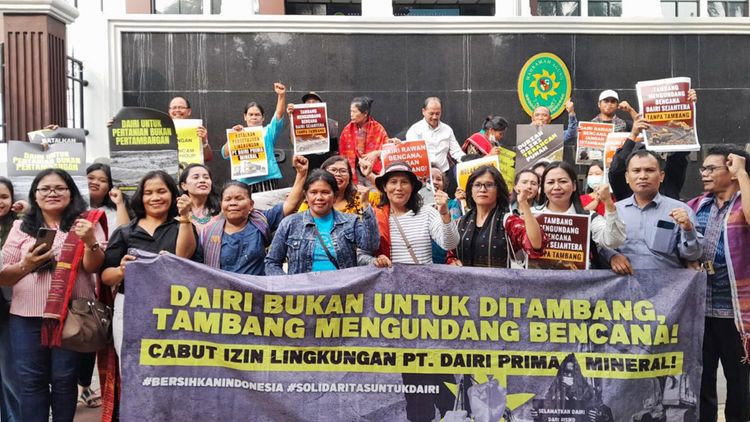Asia Undercovered 28 Sept 2020

In this round-up, you’ll find stories about critical regional elections in Malaysia, the expansion of forced labor in China, and much much more.
If you find Asia Undercovered useful, please help me spread the word by sharing this issue with your friends, family, and colleagues. You can forward this email directly, or using the button below. With the US election just around the corner, news from Asia is getting even less attention than even.
Undercovered this week
What happens in Xinjiang won’t stay in Xinjiang. Reuters released an investigation that uncovers a massive expansion of forced labor programs in Tibet similar to one for the Uyghurs. It’s affecting between 10-15% of the Tibetan population.
Meanwhile, in China’s Mongolian regions, bi-lingual education is on the way out in favor of Mandarin-only schooling. Chinese-Mongolians have been a mostly pliant minority, with little agitation, yet they are subject to the same discrimination as Hong Kongers, Tibetans and Uyghurs. Protests again these policies are being suppressed (China Digital Times).
Update: Last week, Sept 19th saw the largest pro-democracy protest yet in Thailand, with protesters even submitting a petition demanding reforms of the monarchy. Here’s a great wrap-up of recent events by Mong Palatino for Global Voices. Meanwhile, I found this analysis in Future Directions about how the protests showcase a generational shift, with a younger generation of Thais less willing to accept the monarch and military presence in society as it, very informative.
More tragedy in the Philippines. Another journalist, Jobert Bercasio, has been shot dead in Sorsogon City. This becoming all too common in the country, and in Asia as a whole.
For more on this, see our Media Analysis on Press Freedom on Asia.
On a similar note, an activist in Myanmar was convicted for protesting against an internet shutdown in public, another sign that dissent won’t be tolerated ahead of coming elections (Global Voices).
He was protesting shutdown in Rakhine State, homeland of the Rohingya, who remains brutally repressed at home, but also abroad. With one exception – Indonesia’s province of Aceh. In this piece for The Conversation, Max Walden explores why Aceh is a rare place of welcome for refugees.
Worth reading: This longform investigation by Varsha Torgalkar for Stories Asia on how child labor is behind the jeans many Asians wear, whether its in the cotton farms, or along the supply chain. She includes stories from the ground in India.

Elections
The results are in from Sabah, Malaysia, which hosted crucial state elections earlier this week. Prime Minister Muhyiddin Yassin’s coalition won control from the opposition, bolstering his standing across the country. Here’s analysis of the results from Tashny Sukumaran in SCMP.

Geopolitics
This is long, but fascinating and well-worth reading. An in-depth story looking at why so many foreign generals are paying lip service (or more?) to Xi Jingping’s writings and emerging ideology (David Bandursky, China Media Project).
And in the Soloman Islands, one region, Malaita, wants to secede from the country due to the national government’s recognition of China over Taiwan last year. Interesting to see China/Taiwan proxy fights in the middle of the Pacific (The Guardian).
Worth watching – in Pakistan, separatist groups in Balochistan and Sindh, two of the most restive provinces in the country, have united to target China’s Belt and Road initiative, which includes several projects in those regions. As China’s presence grows, expect to see more attention given to BRI projects by activists and militants around Asia (Adnan Aamir, Nikkei).
Solutions Stories
First, a story by Jack Board for Channel News Asia on successful local activism in Thailand. The community near Boon Reuang, a biodiversity hotspot, was able to prevent the paving over of their landscape to turn into a Special Economic Zone.
And I absolutely love stories like this one from the British Museum. A city travel guide to Tokyo. Well, not Tokyo. Early 19th Century Edo, Japan. Sometimes the best way to understand a city now, is to understand it as it once was.

Asia Undercovered: In-depth round-ups and analysis of the news, events, trends and people changing Asia, but not getting enough attention in the US media.





Member discussion